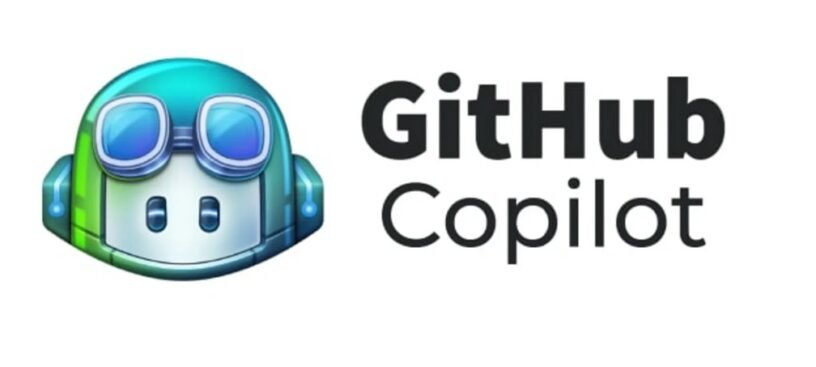Get ready to streamline your workflow! GitHub recently announced Copilot Extensions, a new feature that lets you integrate third-party apps directly into your coding environment. This means you’ll be able to take actions and get information from those apps without ever leaving GitHub.
Imagine this: you’re working on a project and need to deploy your code to Azure. With Copilot Extensions, you can trigger the deployment process directly from your GitHub editor. No more switching between tabs or contexts – you can stay focused on your code.
Copilot Extensions is still under wraps in private preview, but some big names are already on board, including Azure, Docker, and MongoDB. This is just the beginning, and Microsoft has hinted at a future where all sorts of developer tools can be plugged into Copilot.
Why Copilot Extensions are a game-changer for developers
Think about how much time you spend switching between different apps and tools when you’re coding. Copilot Extensions has the potential to eliminate a lot of that context switching, making you more productive.
But it’s not just about saving time. Copilot Extensions can also help you improve your code quality. By having access to relevant tools and information right within your coding environment, you can catch errors early on and make sure your code is up to snuff.
For example, let’s say you’re using Copilot Extensions with a static code analysis tool. As you write your code, the tool can flag potential issues in real time. This can help you identify and fix bugs before they even have a chance to cause problems.
A glimpse into the future of coding
Copilot Extensions is a glimpse into the future of coding, where the development environment is more integrated and streamlined than ever before. With all the right tools at your fingertips, you can focus on what you do best: writing great code.
Are you excited about Copilot Extensions? Let me know in the comments below!
I hope this blog post was informative. Feel free to leave a comment below if you have any questions.

Here are few frequently asked questions on GitHub Copilot extension:
What is GitHub Copilot extension?
GitHub Copilot extension is an AI-powered code completion tool developed by GitHub in collaboration with OpenAI. It is designed to assist developers by providing contextually relevant code suggestions as they write code within their Integrated Development Environment (IDE). Copilot suggests entire lines or blocks of code based on the code context and comments provided by the developer, helping to speed up coding and reduce manual effort.
Is GitHub Copilot extension free?
GitHub Copilot extension is not entirely free. While GitHub offers a limited free trial for Copilot, extended use beyond the trial period may require a paid subscription to GitHub Copilot or GitHub Pro. GitHub Pro includes Copilot as one of its features. Additionally, Copilot may be available as part of certain GitHub Enterprise plans. It’s important to review GitHub’s pricing and subscription options to understand the cost implications of using Copilot beyond the trial period.
Does Copilot use GPT-4?
GitHub Copilot is based on OpenAI’s Codex model, which is a descendant of GPT-3.5 architecture. It’s specifically trained on a mixture of public code repositories and English language data. Therefore, GitHub Copilot does not use GPT-4. However, advancements in AI models can happen rapidly, so it’s worth checking for any updates since then to see if GitHub Copilot has transitioned to a newer architecture.
How do I install GitHub Copilot extension?
To install the GitHub Copilot extension, follow these steps:
- Open Visual Studio Code: Ensure you have Visual Studio Code (VS Code) installed on your computer. If not, download and install it from the official website: Visual Studio Code.
- Open Extensions View: Open VS Code and navigate to the Extensions view by clicking on the square icon on the sidebar or pressing
Ctrl+Shift+X(Windows/Linux) orCmd+Shift+X(Mac). - Search for GitHub Copilot: In the Extensions view, search for “GitHub Copilot” in the search bar at the top.
- Install GitHub Copilot: Once you find the GitHub Copilot extension in the search results, click on the “Install” button next to it.
- Authenticate: You may be prompted to sign in to your GitHub account to authenticate and enable the extension. Follow the on-screen instructions to do so.
- Reload VS Code: After installation, VS Code may prompt you to reload the window to activate the extension. Click on the “Reload” button or close and reopen VS Code.
- Agree to Terms: Upon reloading, you may need to agree to the terms and conditions for using GitHub Copilot. Review the terms and click “I Agree” if you accept them.
- Start Using GitHub Copilot: Once installed and activated, GitHub Copilot should be ready to use in your coding environment. You may need to provide permissions and configure settings based on your preferences.




Leave a Reply